Japanese Sunscreens: The Ultimate Guide to Sun Protection
As the weather warms up and summer approaches, it's critical to protect yourself from the sun when spending time outside. In order to protect skin from damaging UV rays and to keep it feeling hydrated during the summer, a decent sunscreen is a summer skincare need. That said, when it comes to sun protection, Japanese sunscreens are considered some of the best in the world. Thanks to its high SPF rating, weightlessness, hydrating ingredients, and adaptability as a makeup primer, Japanese sunscreen has developed into a cult favorite among beauty addicts and skincare enthusiasts worldwide. In this article, we will dive into the world of Japanese sunscreens, their unique features, and why they are so highly recommended. Whether you have mature skin, oily skin, dry and sensitive skin, light or dark complexion, or oily and dry combination skin, or acne-prone skin, we have you covered.
What sets Japanese sunscreens apart?

Japanese sunscreens are known for their high levels of protection, long-lasting coverage, and lightweight formula. They also often contain a combination of physical and chemical UV filters, providing both immediate and long-term protection against harmful UV rays.
One of the key differences between Japanese sunscreens and those from other countries is the way they are formulated. Japanese sunscreens are often designed to be worn under makeup, which means they are lightweight and non-greasy, leaving no white cast or sticky residue on the skin. This is particularly important for those with oily or acne-prone skin, who may find traditional sunscreens too heavy and pore-clogging.
Another unique feature of Japanese sunscreens is their high protection factor. Many Japanese sunscreens offer a sun protection factor (SPF) of 50+ and above, providing maximum protection against harsh UV rays and UVB rays. This is particularly important for those who spend a lot of time outdoors or who have fair, dry skin, which is more prone to sun damage.
Japanese moisturizing sunscreen also often contains antioxidants, aqua booster technology, and other nourishing ingredients, which help to protect the skin from damage caused by free radicals and environmental pollutants. Some sunscreens even contain skin-brightening ingredients, which can help to even out skin tone and reduce the appearance of dark spots and hyperpigmentation.
Types of Japanese Sunscreens
There are two main types of Japanese sunscreens: chemical and physical. There are two main types of Japanese sunscreens: chemical and physical. While physical sunscreens form a physical barrier on the skin, deflecting UV rays away from the skin, chemical sunscreens function by absorbing UV rays.
Chemical Sunscreens

Chemical sunscreens are the most common type of sunscreen in Japan. They contain organic compounds such as avobenzone and octinoxate, which absorb UV rays and convert them into heat. Chemical sunscreens are often lighter and more easily absorbed into the skin than physical sunscreens, making them a popular choice for everyday wear.
Physical Sunscreens

Physical sunscreens, also known as mineral sunscreens, contain active ingredients such as zinc oxide and titanium dioxide, which form a physical barrier on the skin to reflect UV rays away from the skin. Physical sunscreens are often thicker and more difficult to blend into the skin than chemical sunscreens, but they provide more immediate protection against UV rays.
How to Choose the Right Japanese Sunscreen for your skin type
Choosing the right sunscreen can be a challenge, especially with so many options available. Here are some tips to help you find the perfect Japanese sunscreen for your skin type:
-
For oily or acne-prone skin: Look for a lightweight texture, non-greasy formula that won't clog pores. Choose a sunscreen with a high protection factor (SPF 50+) to ensure maximum protection.
-
For dry or sensitive skin: Look for a sunscreen that contains nourishing ingredients such as hyaluronic acid NA and ceramides, which help to moisturize the skin and boost skin elasticity. Avoid sunscreens that contain alcohol or fragrance, which can be drying and irritating to sensitive skin.
-
For mature skin: Look for a sunscreen that contains antioxidants such as vitamins C and E, which help to protect the skin from damage caused by free radicals. Choose a sunscreen with a high UV protection factor (SPF 50+) to ensure maximum protection against sun damage.
-
For sports and outdoor activities: Look for a water-resistant sunscreen that can withstand sweat and water. Choose a sunscreen with a high protection factor (SPF 50+) and consider a formula that is designed for athletes or outdoor enthusiasts, which may offer additional benefits such as cooling or quick-drying properties.
Top Japanese Sunscreens to Try
Here are some of the top Japanese sunscreens to consider trying:
-
Biore UV Aqua Rich Watery Essence SPF 50+ PA++++

This cult favorite waterproof sunscreen is beloved for its lightweight, non-greasy formula that feels like water on the skin. It contains both physical and chemical UV filters for maximum protection and is designed to be worn under makeup.
-
Shiseido Anessa Perfect UV Sunscreen Skincare Milk SPF 50+ PA++++

This high-performance sunscreen is designed for active individuals and is water-resistant for up to 80 minutes. It contains a combination of physical and chemical UV filters and is infused with hydrating and nourishing sunscreen gel ingredients to protect the skin.
-
Nivea Sun Protect Super Water Gel SPF 50+ PA+++

This affordable sunscreen is a popular choice in Japan and is known for its lightweight, refreshing formula that absorbs quickly and leaves no sticky residue. This Nivea UV deep protect your skin from both UVA and UVB rays and is water-resistant for up to 80 minutes.
-
Skin Aqua UV Super Moisture Milk SPF 50+ PA++++

This hydrating skin aqua sunscreen is designed for dry or sensitive skin and contains nourishing ingredients such as hyaluronic acid and collagen to help moisturize and plump many skin types. It also contains physical and chemical UV filters for maximum protection against sun damage.
-
Mommy UV Aqua Milk SPF 50+ / PA++++

When searching for a sunscreen suitable for dry or sensitive skin, it's typically a good idea to take products intended for newborns and toddlers into account. Every baby is still developing, making them more susceptible to rashes and other unpleasant skin conditions. Mommy UV Aqua Milk is water-resistant and free of additives, alcohol parabens, synthetic colors, tastes, preservatives, and mineral oils, perfect for fresh, young skin.
Conclusion
Japanese sunscreens are some of the best in the world, offering high levels of protection, lightweight formulas, and long-lasting coverage. The Japanese sunscreen protects and moisturizes your skin, whether you have oily, dry, sensitive, or mature skin. By following our tips and trying out some of our recommended products, you can find the perfect Japanese sunscreen to keep your skin protected and healthy all year round. Visit the Sugoi Mart Japanese skincare products collection for a glowing, soothing fair skin.











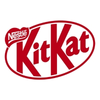


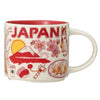








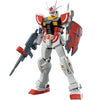




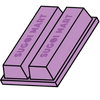
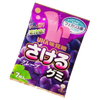
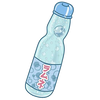
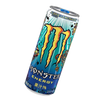
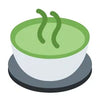



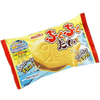



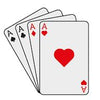














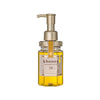



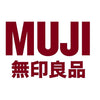


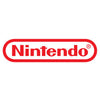
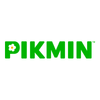





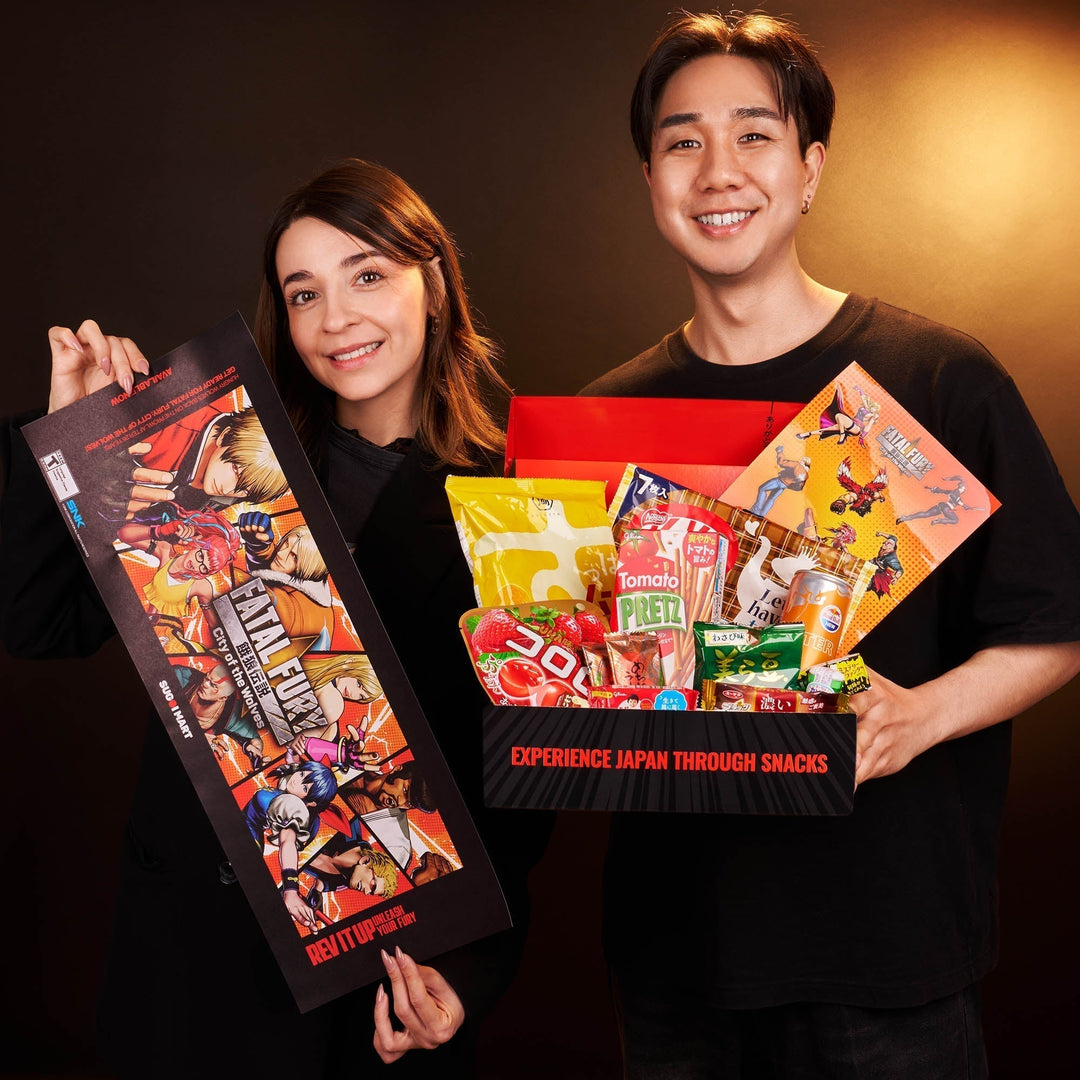
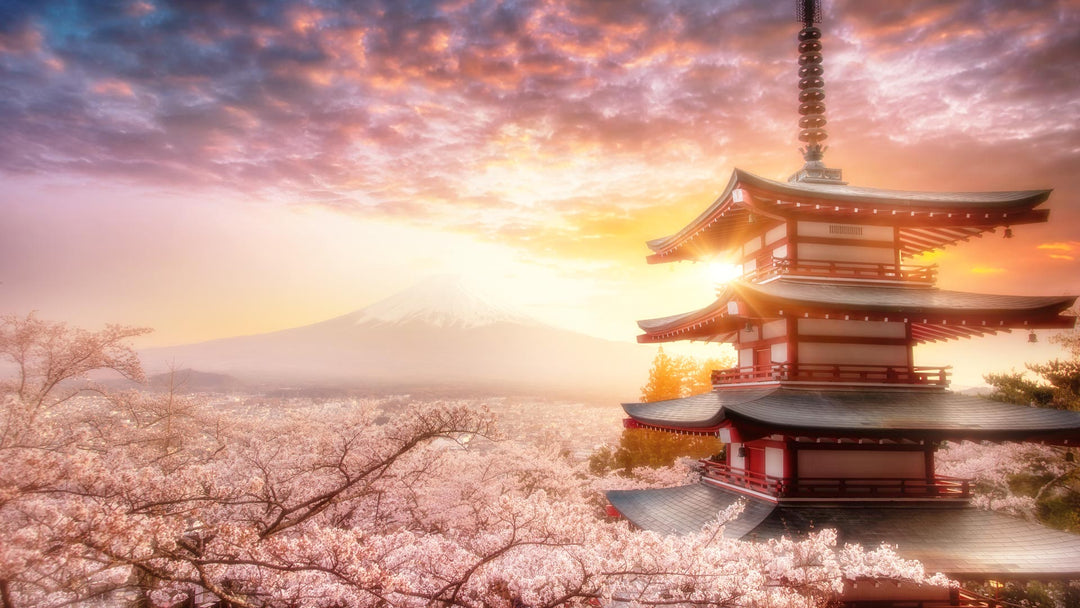

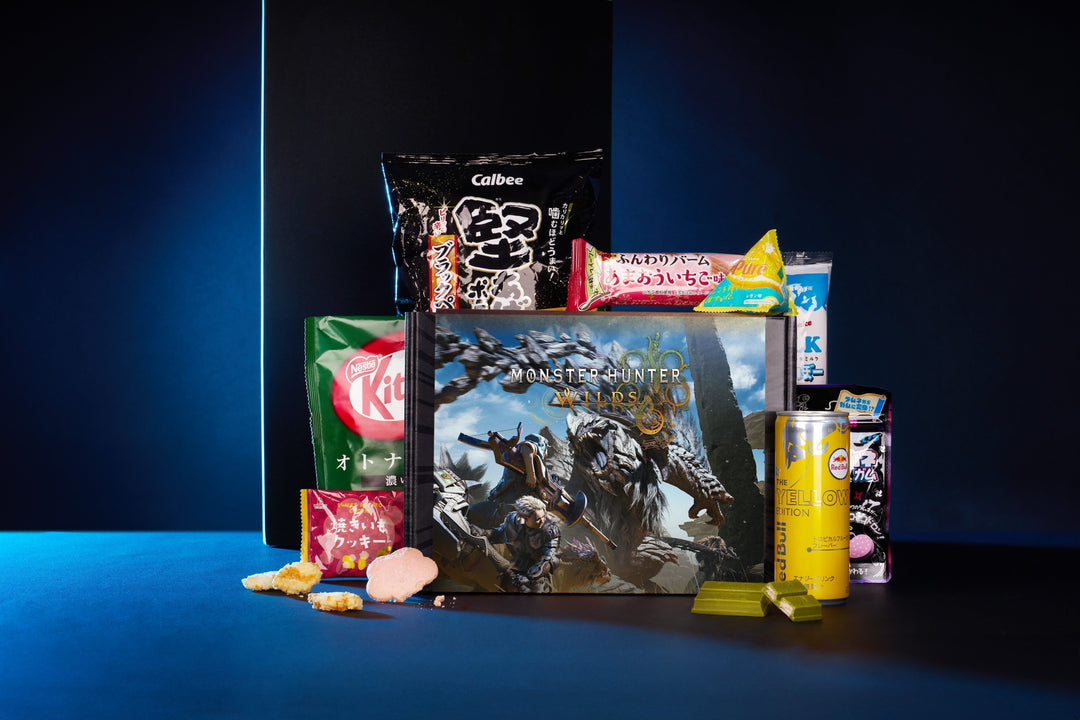
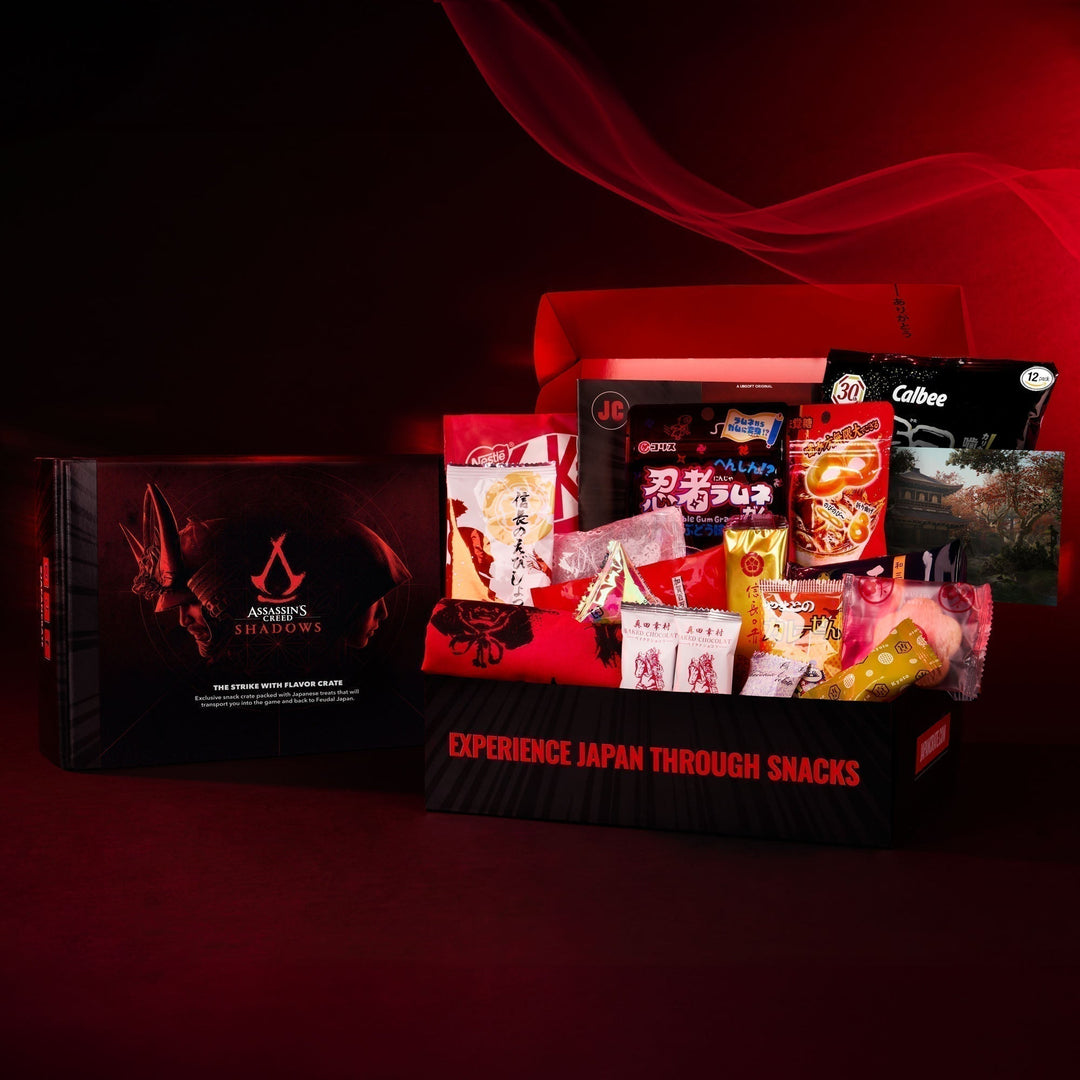
Leave a comment